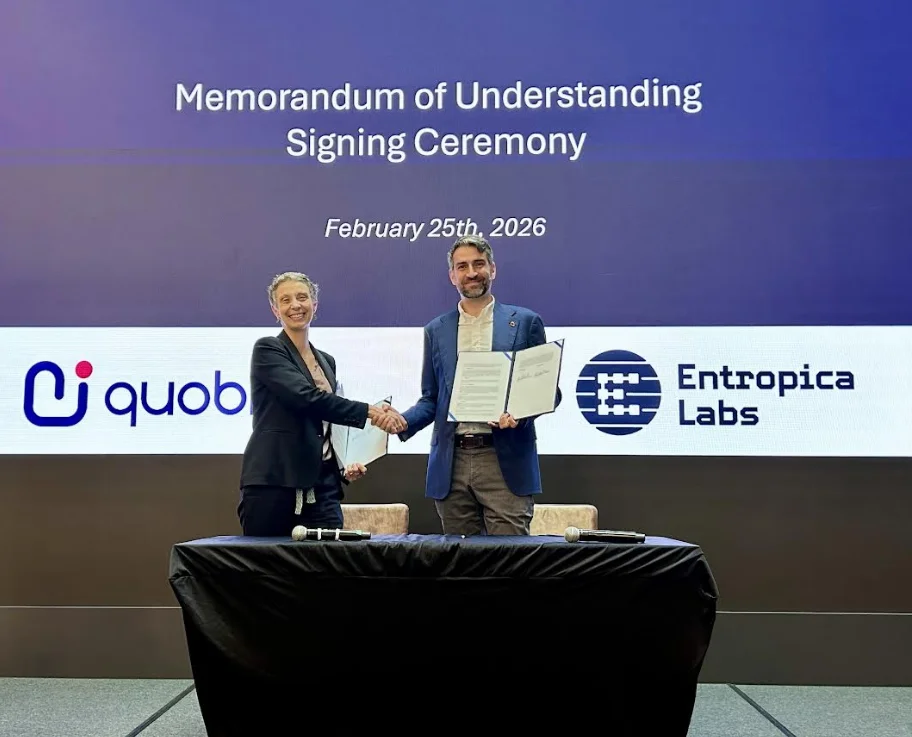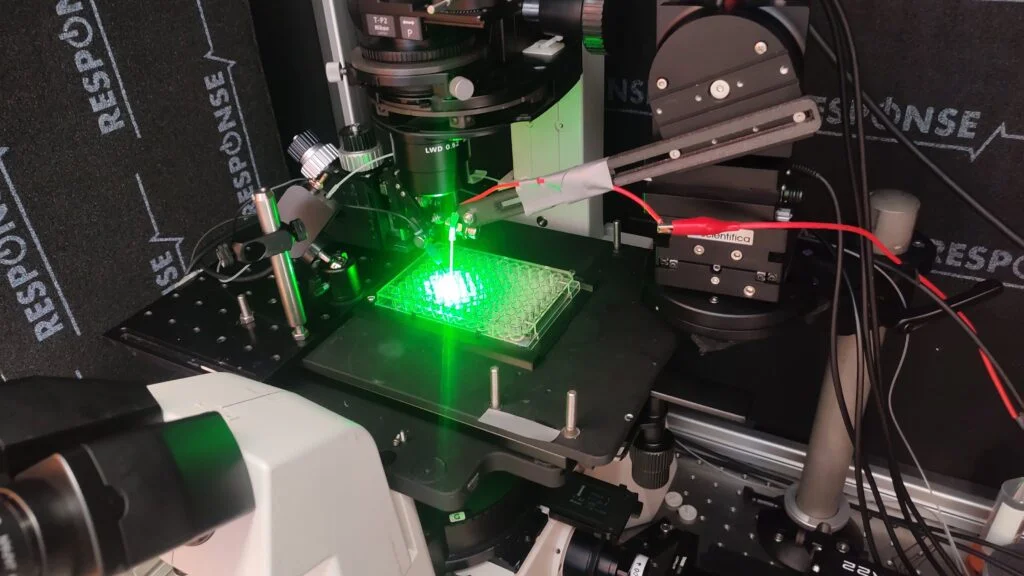
Catalysts & Surfactants
When one of the biggest companies in the world takes an interest in quantum computing (QC), the industry should definitely believe it’s onto something.
BP’s stance is — similar to many multinationals now — that becoming a quantum tech stakeholder is an important next step in its business strategy, as the technology has the power to help reduce its own carbon footprint in the years to come. And though there’s no better motivation to adopting quantum tech in order to save our wonderful blue planet, quantum mechanics can also play a crucial role in the purely commercial side of things by developing chemical products like catalysts and surfactants while logistically improving the optimization processes in the extraction of oil and its later transportation for the multinational.
IBM Quantum Network
So the announcement that the energy giant has joined the IBM Quantum Network as an industry partner is a signal for things to come. The partnership gives BP access to IBM’s 65-qubit quantum computer, software and high-calibre quantum experts. The Quantum Network, which includes close to 150 entities made up of Fortune 500 companies, startups, research labs, and academic institutions, also has a wide network that can help BP with this task.
In relation to its partnership with IBM, BP wants “to explore using quantum computing to solve business and engineering challenges and explore the potential applications for driving efficiencies and reducing carbon emissions.”


IBM’s plans to build a 1000-qubit system by the end of 2023 can only be a boon for BP which has set a timeframe of net-zero carbon emissions by mid-century or earlier, as well as to develop 50 gigawatts of net renewable energy generating capacity by 2030 while at the same time reducing its production of oil and gas.
Example Use-Cases
“Next-generation computing capabilities such as quantum computing will assist in solving the science and engineering challenges we will face, enabling us to reimagine energy and design new lower-carbon products,” said Morag Watson, vice president and chief digital innovation officer at BP.
BP joins other big players in the energy sector like Royal Dutch Shell’s partnership with Leiden University on quantum computer algorithms assisting in the simulation of complex molecules and Total SE’s research into carbon capture, utilization and storage (CCUS) technologies with quantum algorithms by signing a multi-year partnership with UK company Cambridge Quantum Computing (CQC).

The signs for quantum are good, BP’s actions proof enough of that. Let’s hope that in the next decade our technology has improved far enough to reduce carbon emission levels and ramped up other areas of the energy sector.
If you found this article to be informative, you can explore more current quantum news here, exclusives, interviews, and podcasts.
















